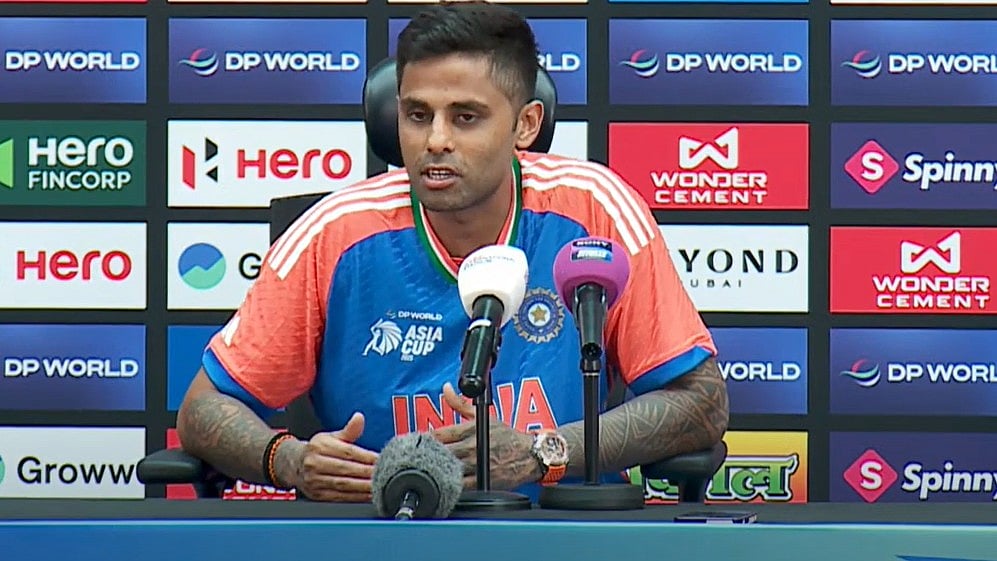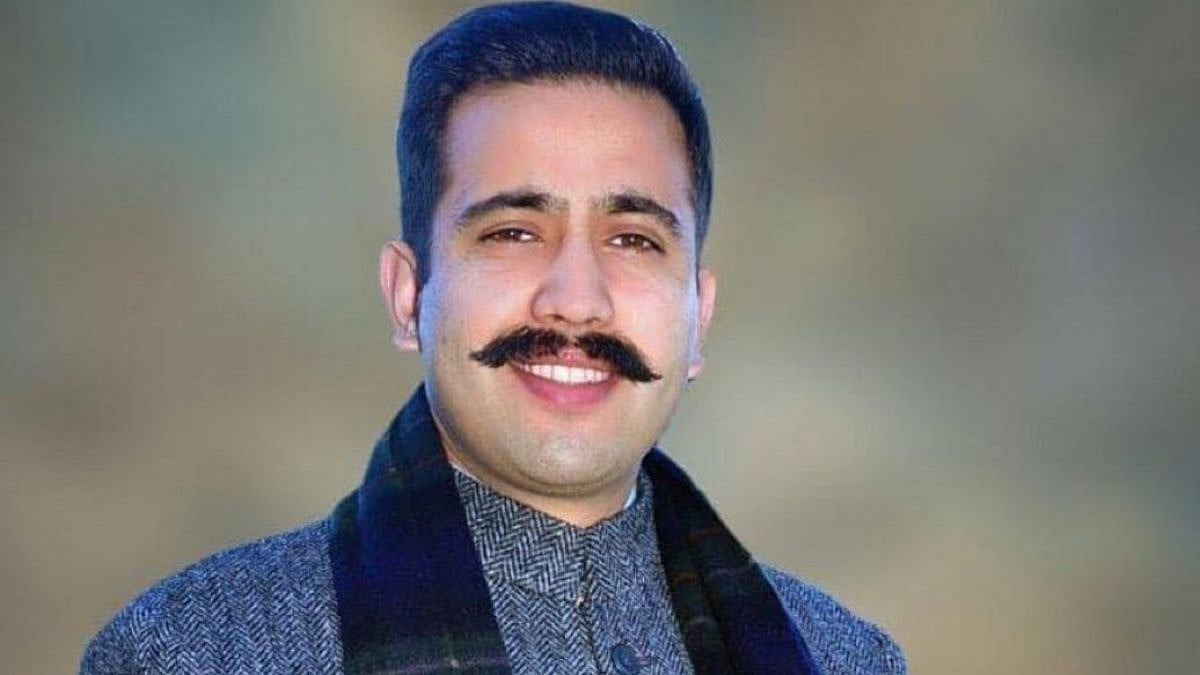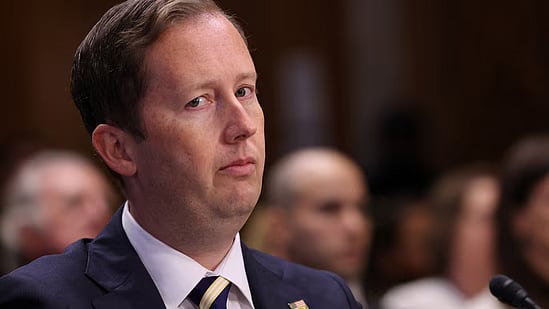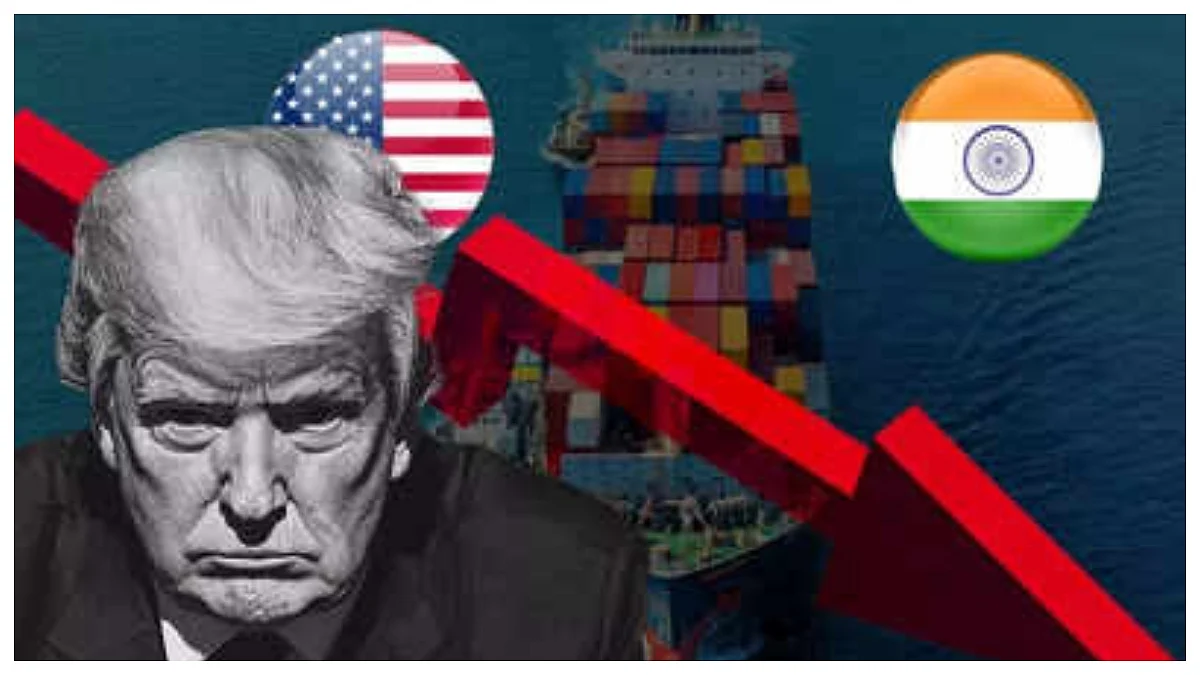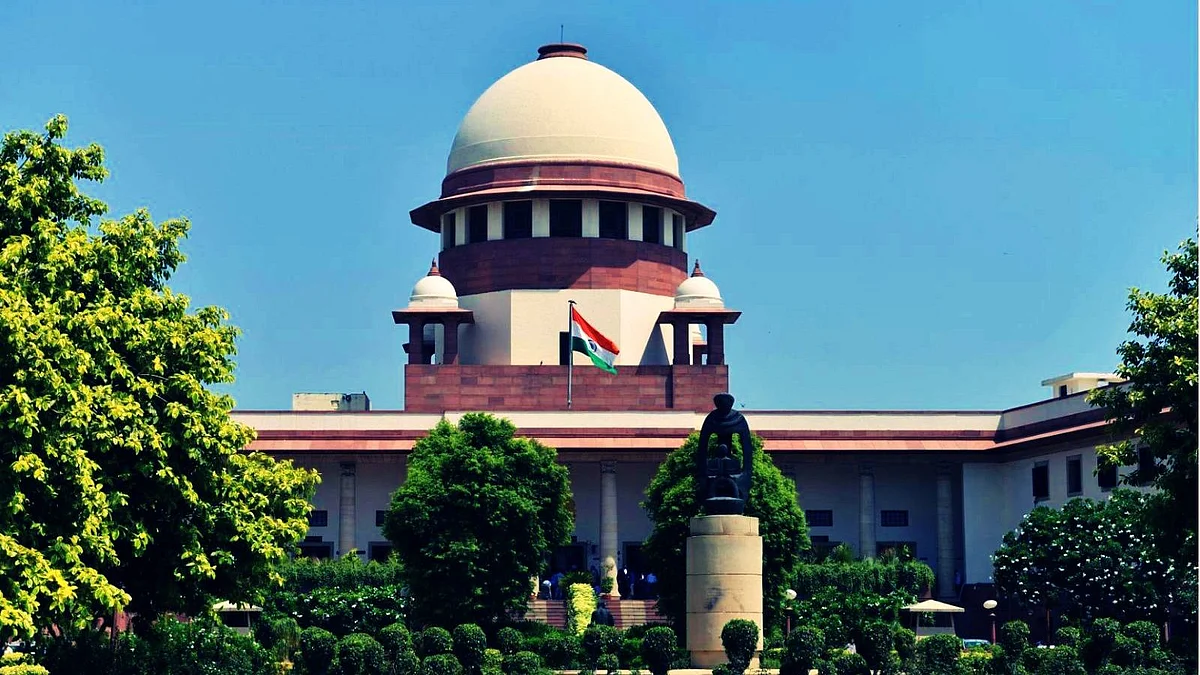As the 14th Dalai Lama turns 90, the world is not merely marking the milestone of a spiritual icon—it is confronting a geopolitical tinderbox that spans the icy plateaus of Tibet, the crowded refugee camps of Dharamshala, and the opaque power corridors of Beijing and Washington.
His advancing age poses a fundamental question: who controls the soul of Tibet—its exiled faith or its occupying force? Dalai Lama has blocked China’s efforts in indulge in the spiritual exercise and said, “I am clear that my next incarnation will emerge in a nation that upholds freedom—not under Chinese dominion."
India, the host of the Tibetan government-in-exile and the long-time refuge of the Dalai Lama, now stands at a historic juncture. China, obsessed with ideological control, is preparing to hijack the reincarnation process to install a proxy Dalai Lama who will serve as Beijing’s religious rubber stamp. The West, particularly the United States, is watching closely, aware that this is no mere theological dispute but a matter of global principles—religious freedom, self-determination, and moral leadership.
The succession of the Dalai Lama is set to become a defining test of the 21st century’s power balance—between autocracy and spiritual autonomy, between China's iron hand and India’s soft power, between Tibetan faith and global silence.
"Drawing from my cherished recollections of meeting him in Dharamshala during my posting in Shimla in the mid-1980s, I can affirm that the spirit of democracy is deeply woven into his persona. This was most eloquently demonstrated when he voluntarily relinquished his role as the political head of Tibet’s government-in-exile, paving the way for a democratically elected leadership."
India Draws Red Line on Dalai Lama Succession, Rejects Beijing’s Interference
In a direct rebuff to Beijing, India has unequivocally stated that the authority to name the next Dalai Lama lies exclusively with the current spiritual leader and adheres strictly to centuries-old Tibetan Buddhist traditions. New Delhi dismissed China’s claims of having a say in the succession as baseless and termed Beijing’s objections to the Dalai Lama’s recent assertion of “sole authority” as unwarranted meddling.
Emphasizing the global reverence the Dalai Lama commands, India underlined that any decision regarding his reincarnation must be guided by religious practice and the will of the Tibetan people—not by the dictates of a foreign government.
India, as the host of the Dalai Lama and home to over 100,000 Tibetan exiles, is caught in a diplomatic dilemma. For decades, it sheltered and celebrated him as a symbol of compassion. Yet in recent years, wary of provoking Beijing, New Delhi has shown signs of diplomatic coldness—discouraging official participation in Tibetan events and maintaining public silence on succession.
China’s Counter play: Hard Power, Propaganda and Coercion
However, Beijing is unlikely to sit back. The CCP views the Dalai Lama’s reincarnation not just as a religious succession but as a strategic national security issue. For China, controlling the next incarnation is critical to asserting its sovereignty over Tibet and silencing the global Tibetan resistance movement.
Beijing has already created the legal and ideological framework for this. In 2007, China issued State Religious Affairs Order No. 5, which requires all Tibetan reincarnations to be approved by the Chinese government.
In recent years, the CCP has intensified efforts to train and cultivate its own pool of monks loyal to the party line, preparing for the day when it will announce a Beijing-backed “Dalai Lama”—likely born and raised within China’s tightly controlled Tibetan Autonomous Region.
To gain legitimacy for its version, China will weaponize soft power and economic leverage. It will pressure smaller, aid-dependent nations to toe the party line, use Confucius Institutes and media arms to delegitimize the Dharamshala-endorsed reincarnation, and seek to split global opinion through bilateral diplomacy, economic inducements, and veiled threats.
China may also seek to engineer a “Panchen Lama-type” scenario—recalling its 1995 abduction of the 11th Panchen Lama and imposition of a loyalist figure—one of the most chilling precedents in modern religious history.
Additionally, China will likely exploit India’s silence, knowing that a divided front among democracies gives it manoeuvring space. If New Delhi continues to avoid taking a public stand on the succession, Beijing may frame it as a tacit acceptance of its role—weakening the moral and legal arguments of the U.S.-led coalition.
The U.S. Stands Firm: Leading the Moral Front against China’s Religious Authoritarianism;
Unlike New Delhi’s strategic ambivalence, Washington has shown rare moral clarity in backing Tibetan religious freedom. The Tibetan Policy and Support Act (TPSA) of 2020, passed by the U.S. Congress with bipartisan support, is a landmark in global human rights legislation.
It explicitly states that the decision regarding the reincarnation of the 14th Dalai Lama rests solely with the Tibetan Buddhist community, without interference from any government—especially the Chinese Communist Party (CCP). It warns that Chinese officials who meddle in this religious process will face targeted sanctions, visa bans, and asset freezes under the Global Magnitsky Act.
This Act does more than signal Washington's support—it institutionalizes it. It commits the U.S. government to coordinate with allies to oppose China’s efforts to handpick a puppet successor to the Dalai Lama. Washington's position could lay the foundation for a robust international coalition, bringing together democratic powers across Europe, Japan, Australia, and Canada to recognize only a spiritually legitimate reincarnation chosen in accordance with Tibetan traditions.
Further, American non-governmental organizations, think tanks, and Tibetan advocacy groups based in the U.S. have already started laying the groundwork for global awareness campaigns, counter-disinformation strategies, and pressure-building mechanisms at the UN and other multilateral forums. Washington’s diplomatic toolkit—ranging from public diplomacy to economic levers—could be harnessed to protect this spiritual process from geopolitical subversion.
The Dalai Lama: A Moral Force in a Ruthless World
Tenzin Gyatso, the 14th Dalai Lama, has for over six decades carried the hopes of an occupied people and the conscience of a watching world. Ever since fleeing to India in 1959 after China’s brutal crackdown in Tibet, he has remained the living embodiment of non-violent resistance, winning the Nobel Peace Prize and the admiration of millions across religious and national boundaries.
To the Chinese Communist Party, however, he is a separatist threat cloaked in saffron. Beijing’s decades-long campaign to discredit him has failed to dent his global moral standing—but it has not dimmed China's determination to control the future of Tibetan Buddhism. With the Dalai Lama’s advancing age, Beijing is preparing to repeat its 1995 Panchen Lama playbook—kidnapping and replacing spiritual legitimacy with political obedience.
The Reincarnation Tug of War
Traditionally, the Dalai Lama's successor is identified by senior monks through rituals, signs, and intuition. But this time, China has declared that only the Communist Party can approve his reincarnation—a move that defies both spiritual tradition and international norms. The world may soon witness the absurdity of an atheist state dictating the rebirth of a spiritual leader.
The Dalai Lama has tried to pre-empt this. He has floated ideas ranging from choosing his own successor while alive to possibly ending the tradition altogether. His aim is clear: to deny Beijing the legitimacy it craves. But this battle is no longer just about Tibetan customs—it is a geopolitical fault line.
A Spiritual Crisis with Global Stakes
The Dalai Lama’s 90th birthday is not merely a ceremonial moment—it is a warning bell. His absence, whenever it comes, will trigger a vacuum that China is eager to fill. But the world must decide: will it accept a state-sponsored imitation, or defend the authenticity of a spiritual lineage rooted in faith, not fiat?
For China, the reincarnation is about sovereignty. For Tibetans, it is about survival. For the world, it is about standing for principles in an era where power often tramples on piety.
Conclusion: Preserving a Legacy beyond Politics
The Dalai Lama’s life has bridged centuries of spiritual wisdom and decades of political exile. His teachings transcend borders, his voice remains one of the last moral compasses in a chaotic world. But his succession will test whether the global community values principle over power, and faith over force.
India has both a duty and an opportunity. By protecting the spiritual sanctity of the next Dalai Lama’s recognition, it can lead with moral authority in a region dominated by China’s coercion. The West, too, must go beyond legislation and extend visible support to Tibetan religious autonomy.
At 90, the Dalai Lama remains a living lesson in dignity. The world must ensure that his legacy is not rewritten in Beijing’s ink.
(Writer is strategic affairs columnist and senior political analyst based in Shimla)

